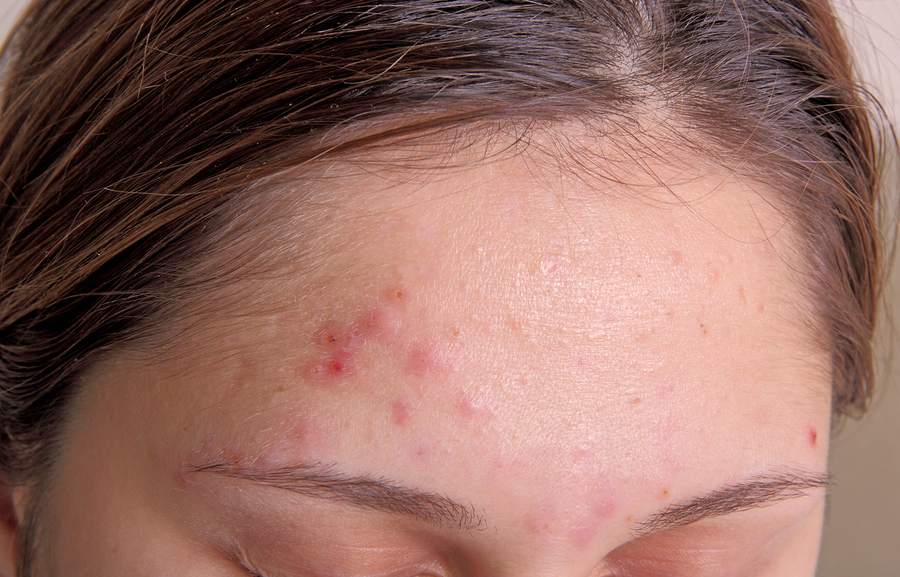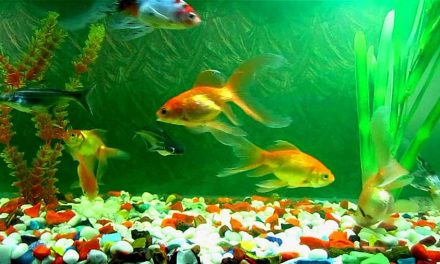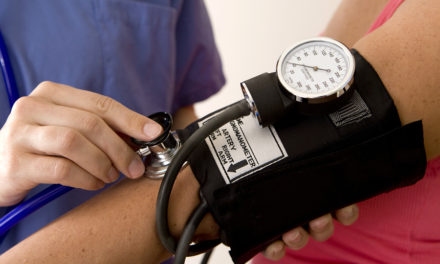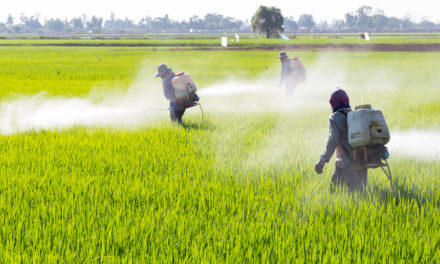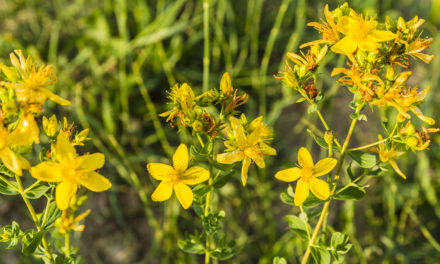Barberry has both anti-inflammatory and antibacterial properties. In animal tests, it has demonstrated the ability to reduce fat in sebaceous glands, leading to speculation that it may be used to treat acne. A study, published in the Journal of Dietary Supplements (2012 Dec;9(4):253-61. doi: 10.3109/19390211. 2012.726702. Epub 2012 Oct 8) looked at the effect oral consumption of an aqueous extract of barberry had on acne. The 25 test subjects were between 12 and 17 years of age and had moderate to severe acne vulgaris. They were given gelatin capsules containing an aqueous extract of dried barberry (600 mg/day). The 24 control subjects were given a placebo. The test lasted four weeks. At the start of the study, at week two and at the end of the study facial noninflamed, inflamed, and total acne lesions, were counted. The Michaelson’s acne severity score was also documented.
At the end of four weeks, the Michaelson’s acne severity score declined significantly in the test group. At the end of the four weeks, the test group also experienced a reduction in the number of lesions. There were no significant changes in the placebo group. According to the authors of the study, “No notable complication or side effect was reported in relation to barberry. In conclusion, oral aqueous extract of dried barberry is a safe, well-tolerated, and effective choice in teenagers with moderate to severe acne vulgaris”.

